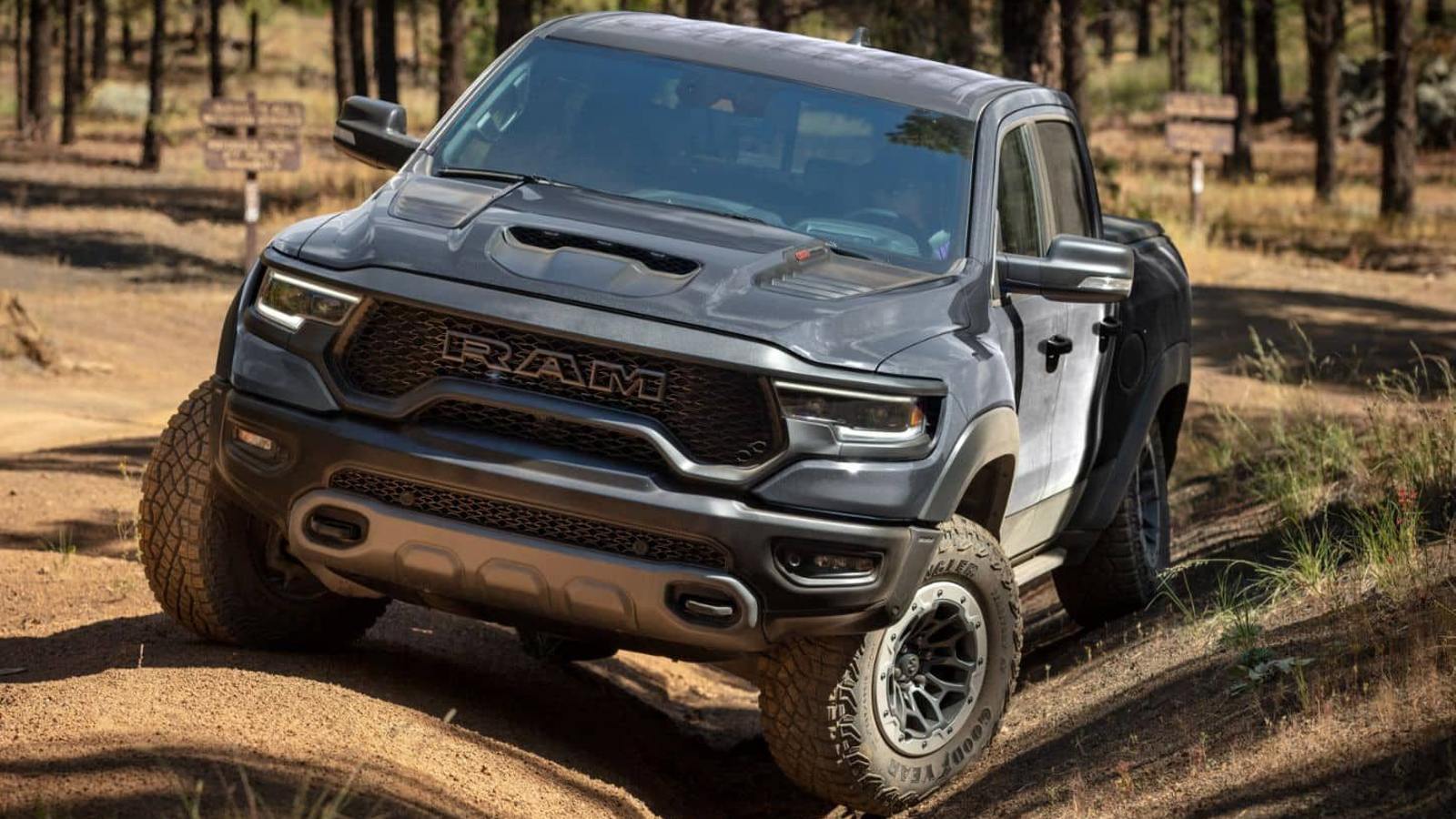The most recent legal battle for Stellantis started with a cyberattack on the supplier.
Cyberattacks cause serious problems for many companies. Last year, one such attack caused a Stellantis supplier to halt operations and deliveries of some parts to auto plants in Detroit and Mexico. Stellantis claims this cost the automaker $26 million, which they promptly charged the supplier. This created the most recent legal battle for the automaker.
Yanfeng fights back in the courtroom
Yanfeng, the subject of Stellantis’ most recent legal ire, makes instrument panels, door panels, and center consoles for Ram and Jeep vehicles. On three different dates in January, Yanfeng halted the delivery of components to Stellantis. This spurned the automaker’s filing for an injunction against the supplier.
“Immediate injunction relief is necessary not just to prevent irreparable harm to [Stellantis] but also to avoid widespread disruption and catastrophic harm across the automotive industry if Yanfeng abandons its obligations under the parties’ contracts.”
– Stellantis Lawyers
In addition to the $26 million in claimed losses due to the cyberattack, Stellantis claims to have lost more than $300 million in revenue because of the halted deliveries and the inability to complete 6,000 Jeep and Ram vehicles.
The courtroom battles continue with a judge granting the injunction, but Yanfeng countersuing to have the suit dismissed. This countersuit is for damages incurred because Stellantis’:
“practice of systematically ordering components and effectively canceling its orders last minute including labor, storage, scrap, and raw material costs unnecessarily incurred by Yanfeng.”

Is a hard line the right line?
Since the creation of Stellantis, formerly FCA, the automaker has held a hard line with suppliers. This has led to court battles between the two sides. The cyberattack on Yanfeng is only the most recent issue to reach courts. The automaker is also in legal battles with Kamax and MacLean-Fogg. Kamax makes fasteners and MacLean-Fogg makes pinions and gears for transmissions. These two companies seem pretty important to Stellantis’ success.
Suppliers are becoming frustrated with the automaker no longer accepting claims for cost increases. The hard lines this automaker chooses to take with its suppliers cause tensions to boil over and could lead to canceled contracts, which isn’t the relationship any automaker desires with suppliers.
